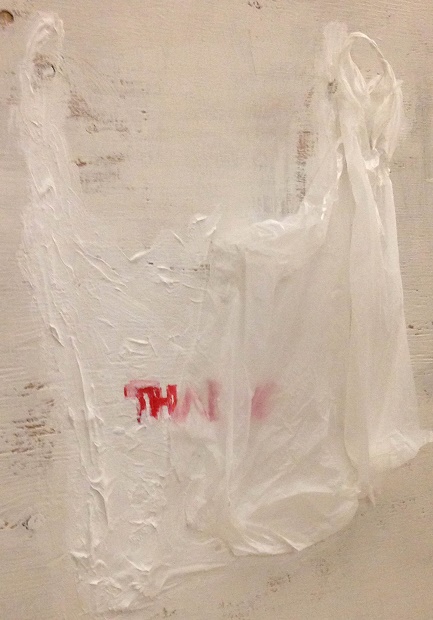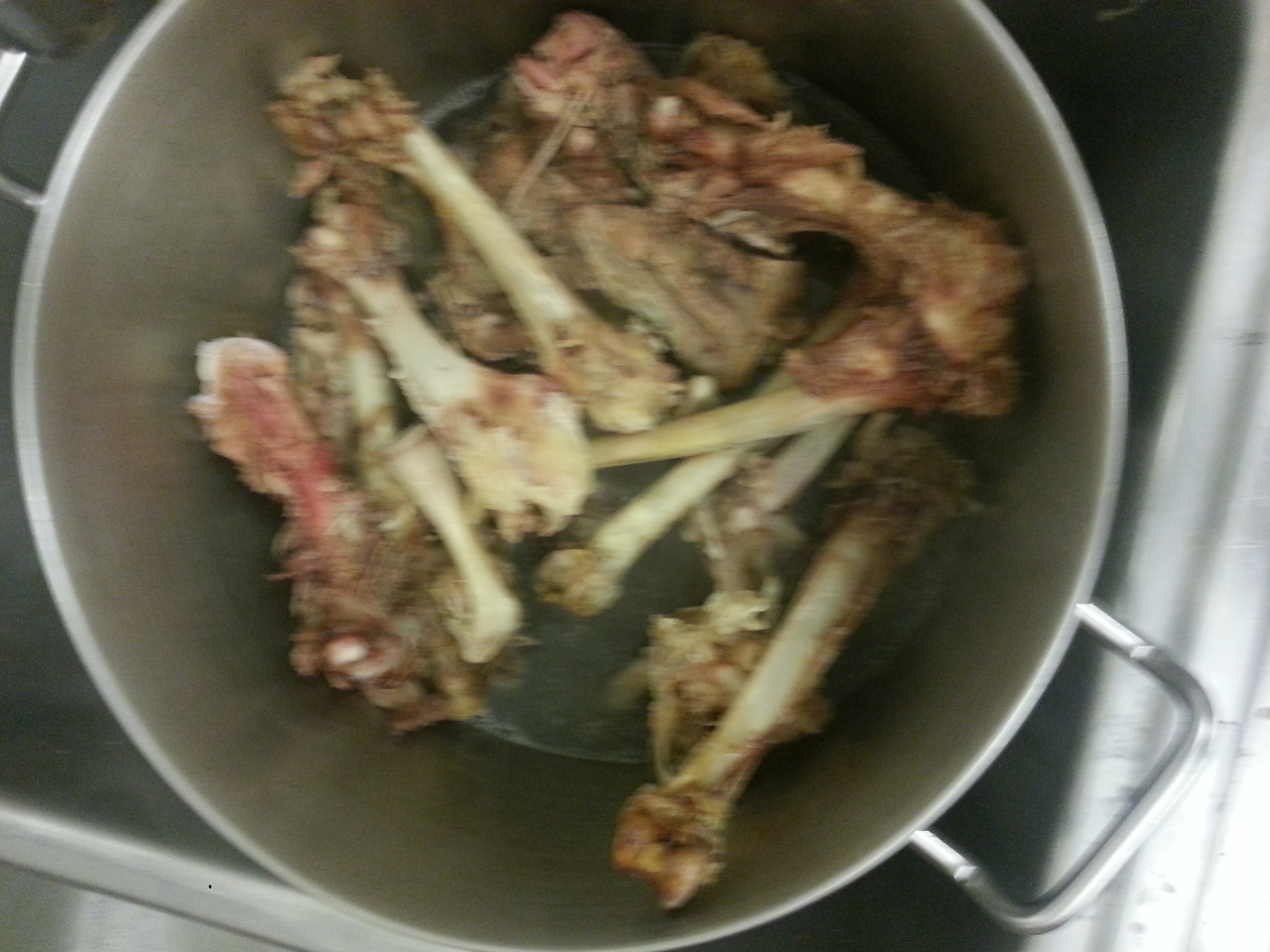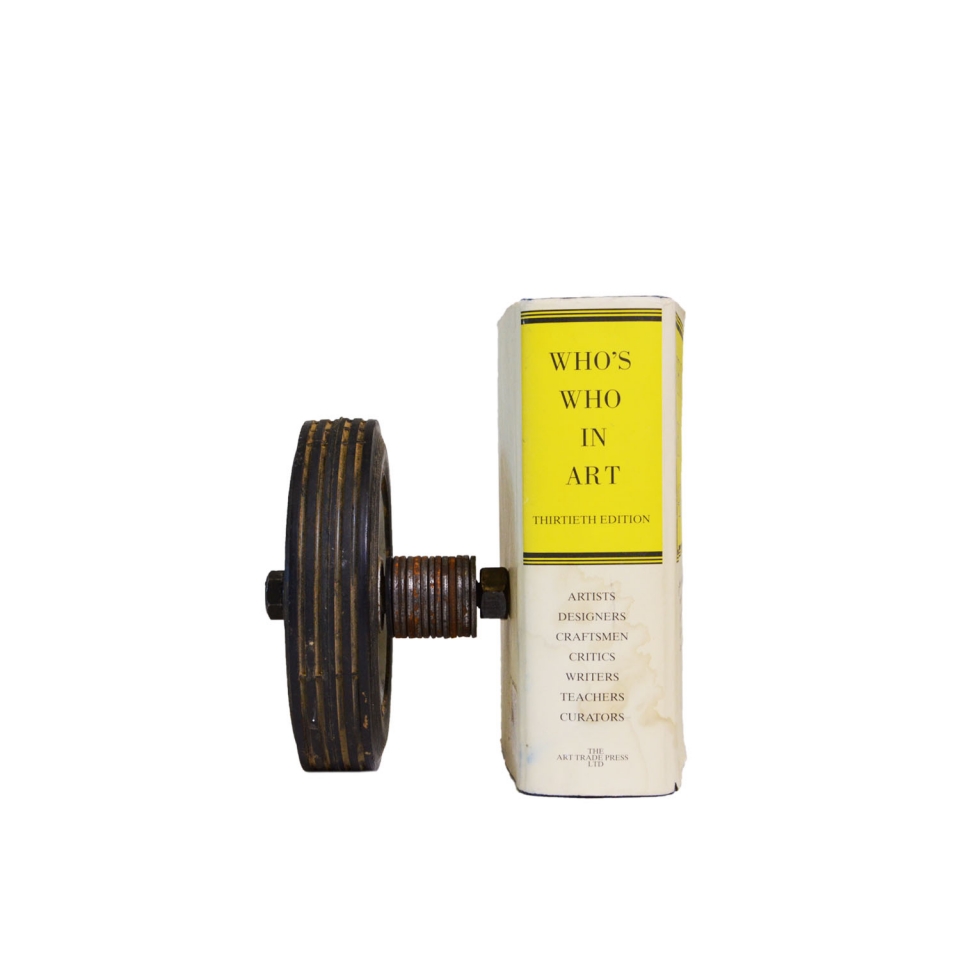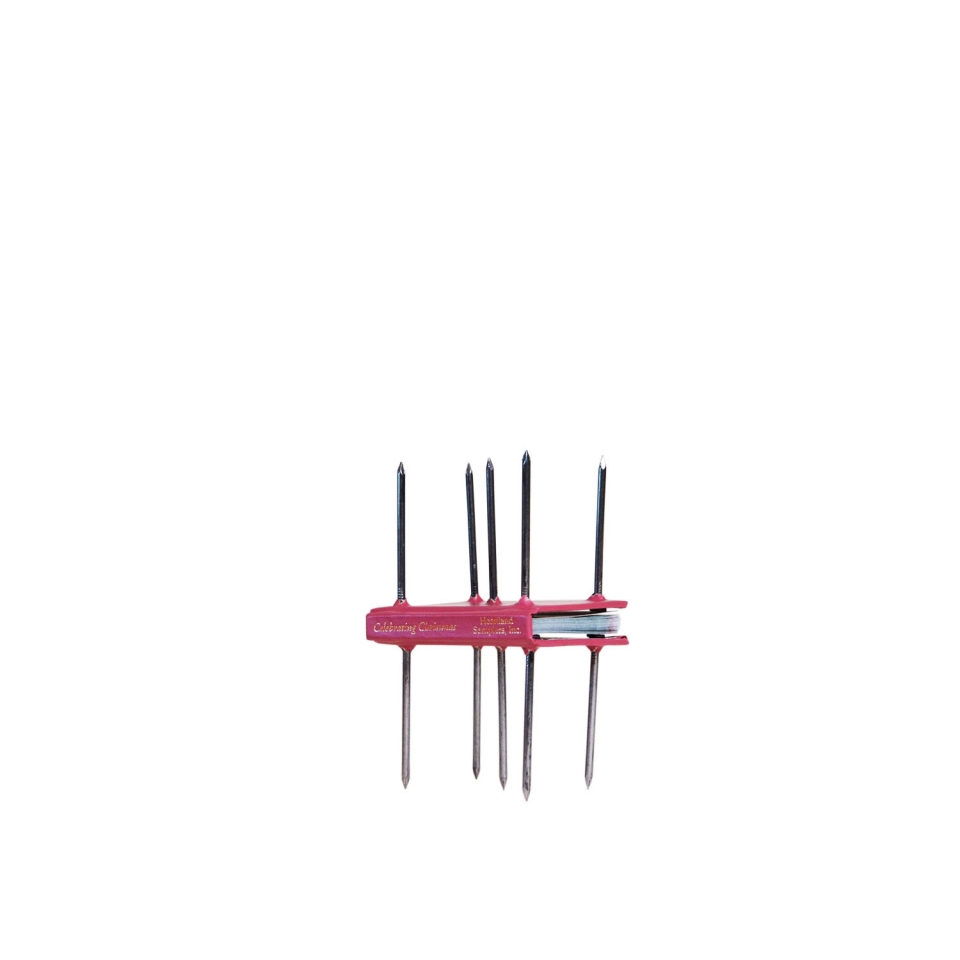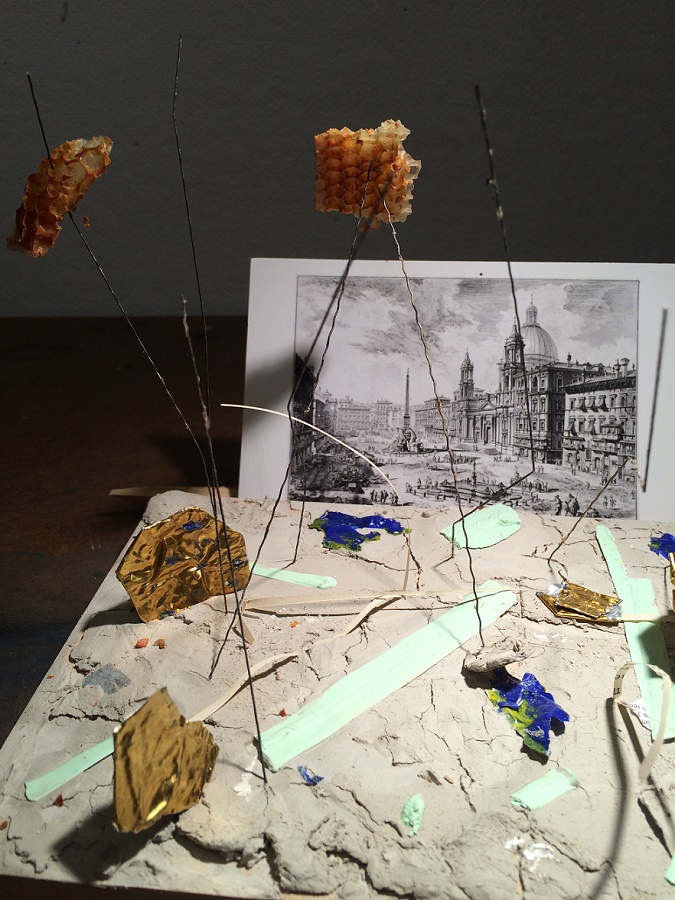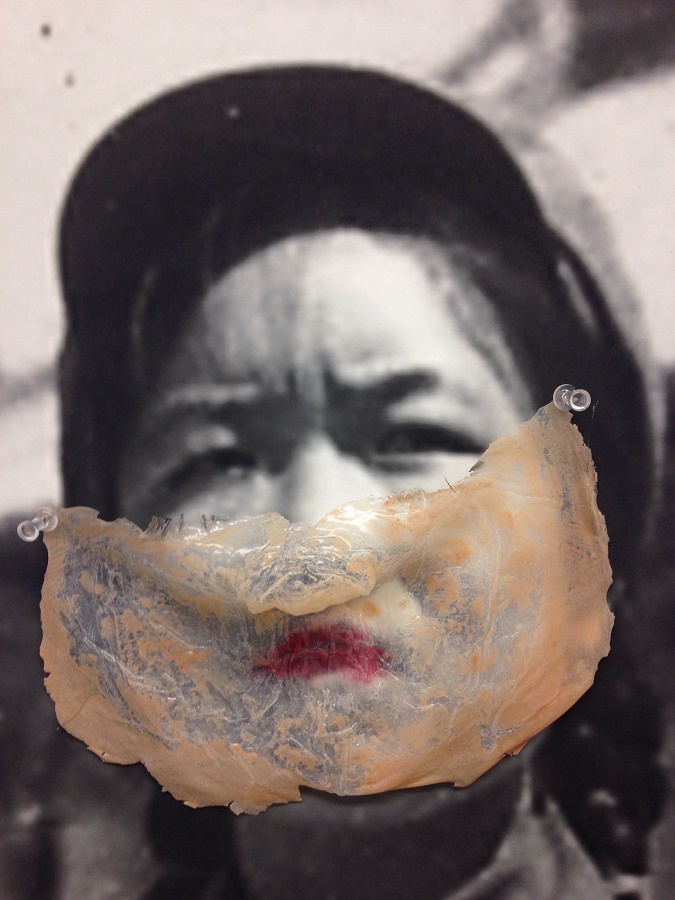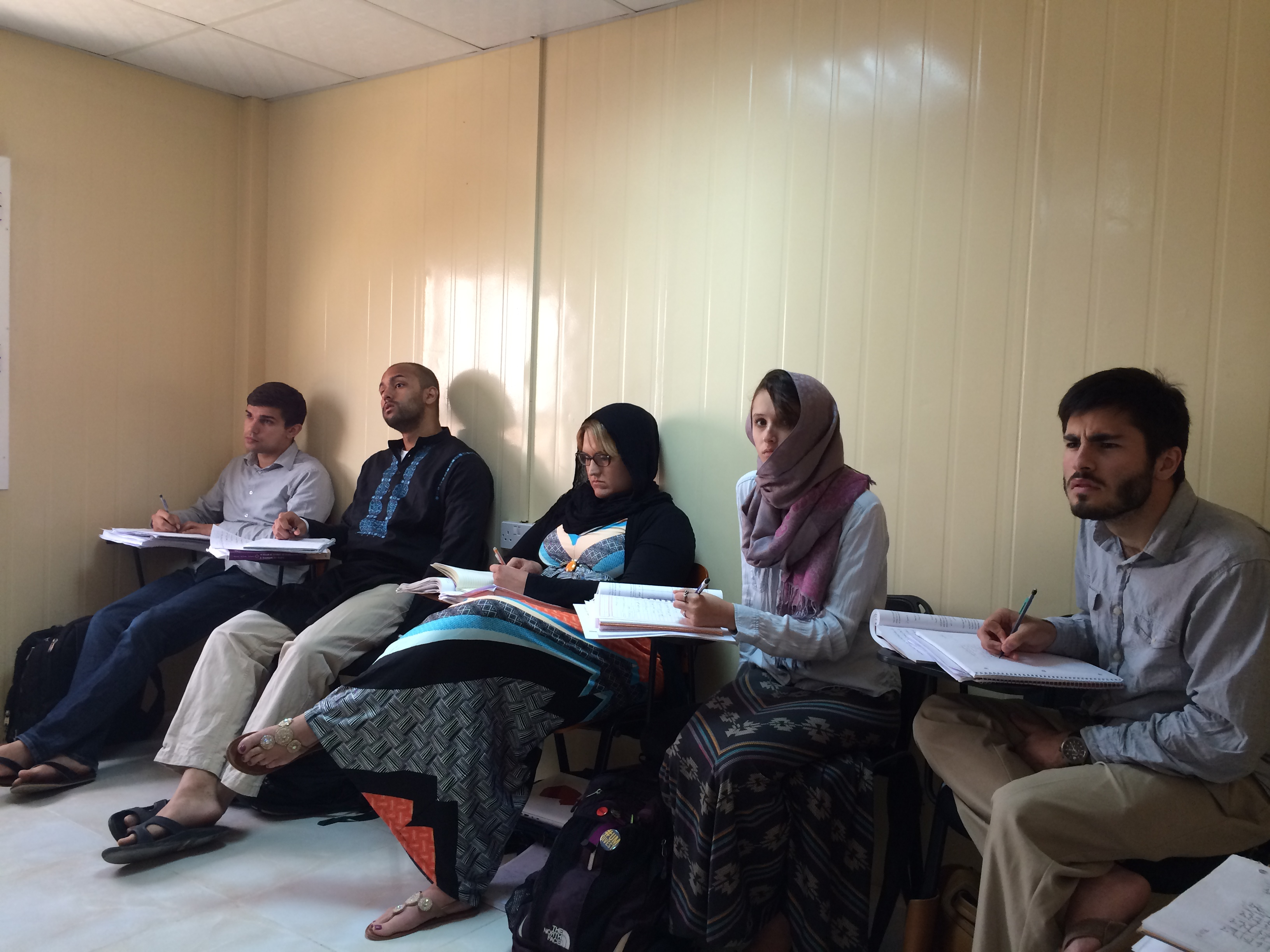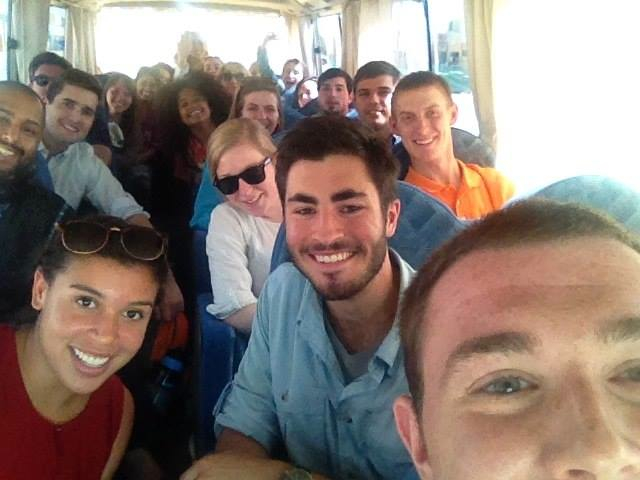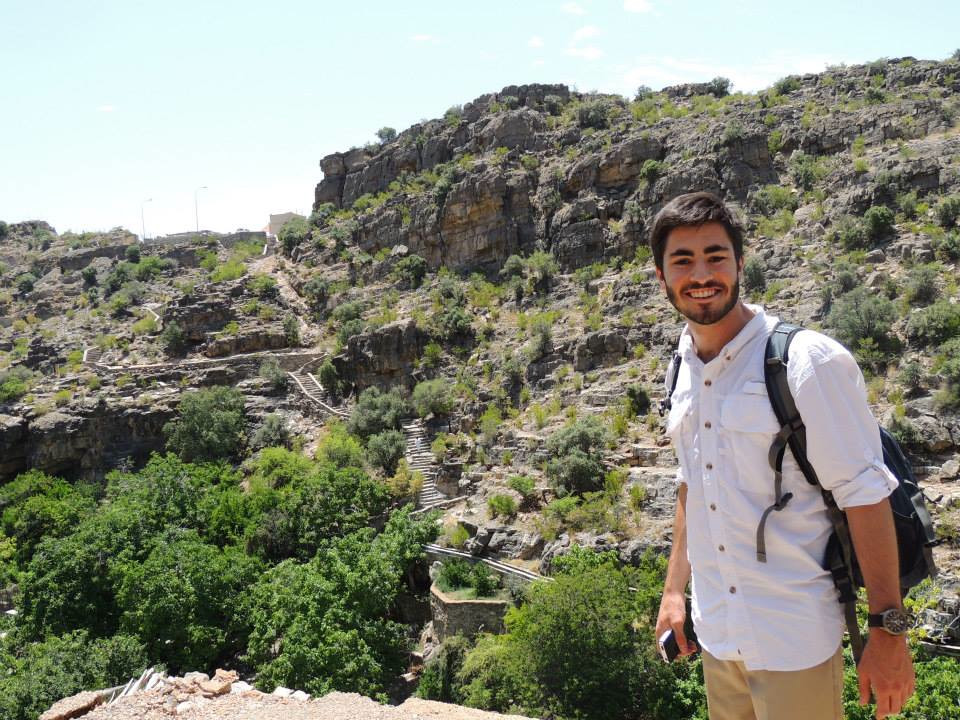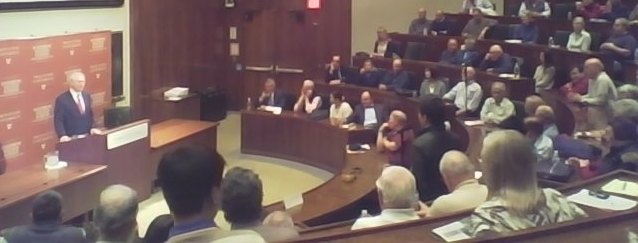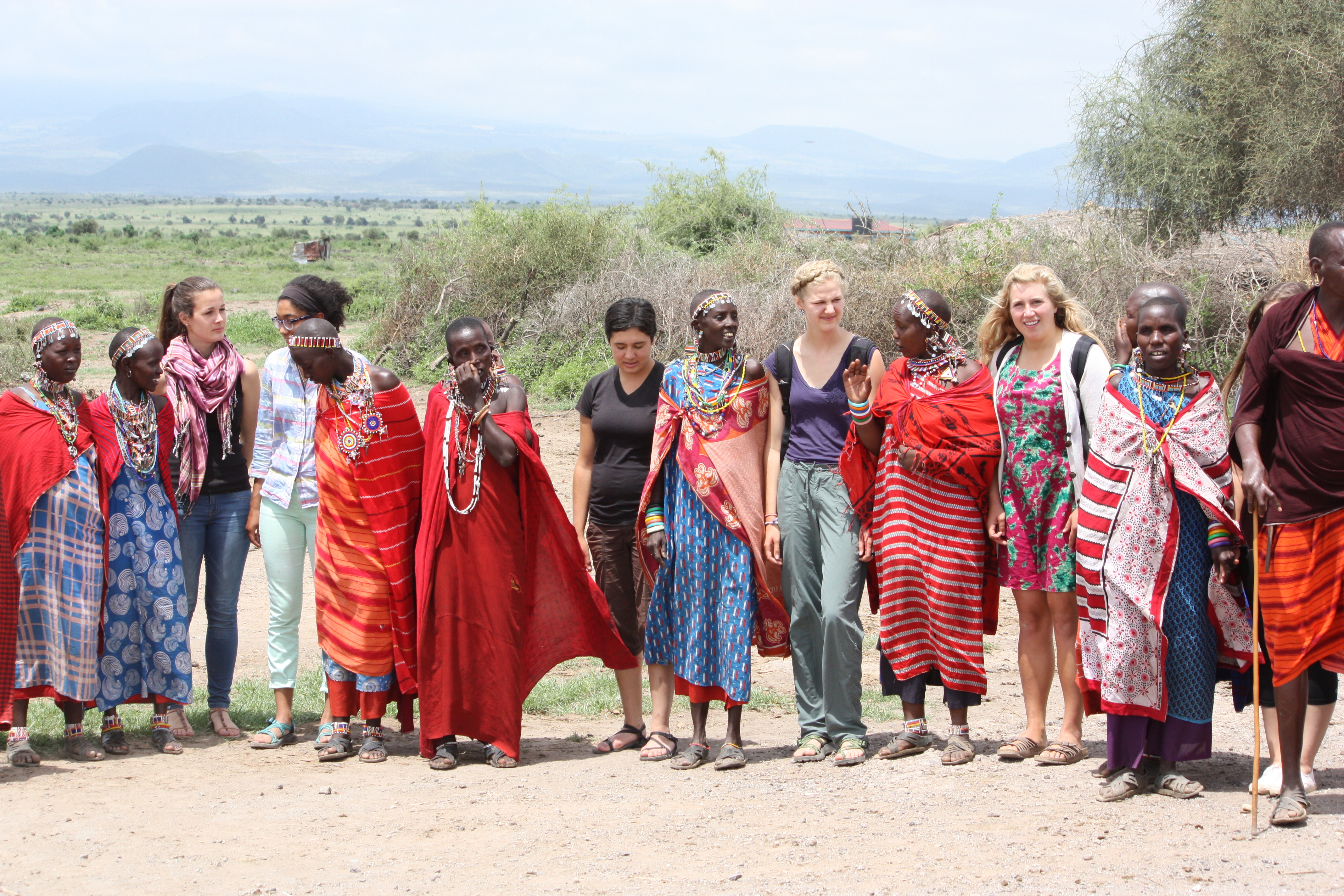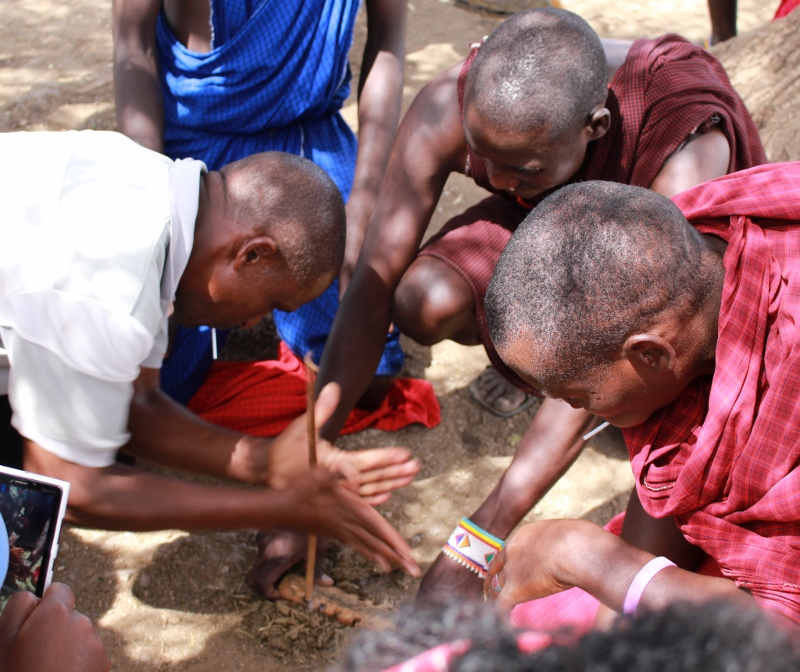As a sophomore, one of the main questions facing me is which academic department I will enter as an upperclassman. Every Princeton undergraduate enters one of the 34 academic departments, almost like choosing a major in most other American colleges. The departments I am considering are physics and mathematics. The choice of a department is very significant for every Princeton student as it determines independent work and courses.
One of the main reasons I am considering physics is my experience working in CERN (The European Organization for Nuclear Research) in Geneva the past summer. I was working for Prof. Daniel Marlow in Princeton's physics department, and I was advised by David Stickland, a senior researcher at Princeton working on the Large Hadron Collider at CERN. It was a hugely enticing exposure for me to the field of high energy physics (the physics dealing with extremely high energies and extremely tiny particles), and I have been considering studying physics ever since.
Princeton has a large team at CERN working in many different aspects of the experiment. I was part of a team working on the Compact Muon Solenoid Experiment (CMS) in the Large Hadron Collider (LHC). In the LHC, scientists use extremely powerful instruments to accelerate beams of protons to near-light speeds and collide them at extremely high energies. This enables scientists to study physical phenomena only possible at such high velocities. In the CMS experiment, scientists use large muon chambers to trace the paths of elementary particles, like the Higg's Boson, which was discovered at CERN in 2012 (and which earned Peter Higgs the Nobel Prize the same year).

I was working on developing software tools to help monitor the amount of radiation generated by the collider. The high velocities of protons generate harmful radiation in the LHC tunnels, and work cannot continue on the LHC if there are harmful levels of radiation; thus the levels of radiation must be closely monitored. The software I helped build also tells us the number of collisions per second, a very vital piece of information. The team I worked with recently sent me pictures of my software in usage, and I could see directly how the tools I built were being used in the operation of the LHC.
As exciting and important as my work was, I also attended daily lectures by physicists from universities around the world on a myriad of different fields in physics and computer science. I looked forward to these lectures every morning, and they convinced me that I want to study and understand physical phenomenon better.
I was also able to visit some really amazing experiment sites at CERN, including the four big collision sites where the protons are made to collide, and several smaller experiment sites such as one studying nuclear interactions, one studying antimatter (yes, antimatter), and a linear collider (in contrast to the large circular collider of LHC).

I met lots of awesome people, especially students from around the world, and was able to travel, including a weekend trip to the French Riviera with students I met at CERN. Working at CERN was an amazing experience, and capped off the most perfect summer I could imagine!








